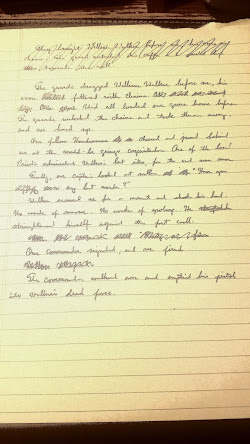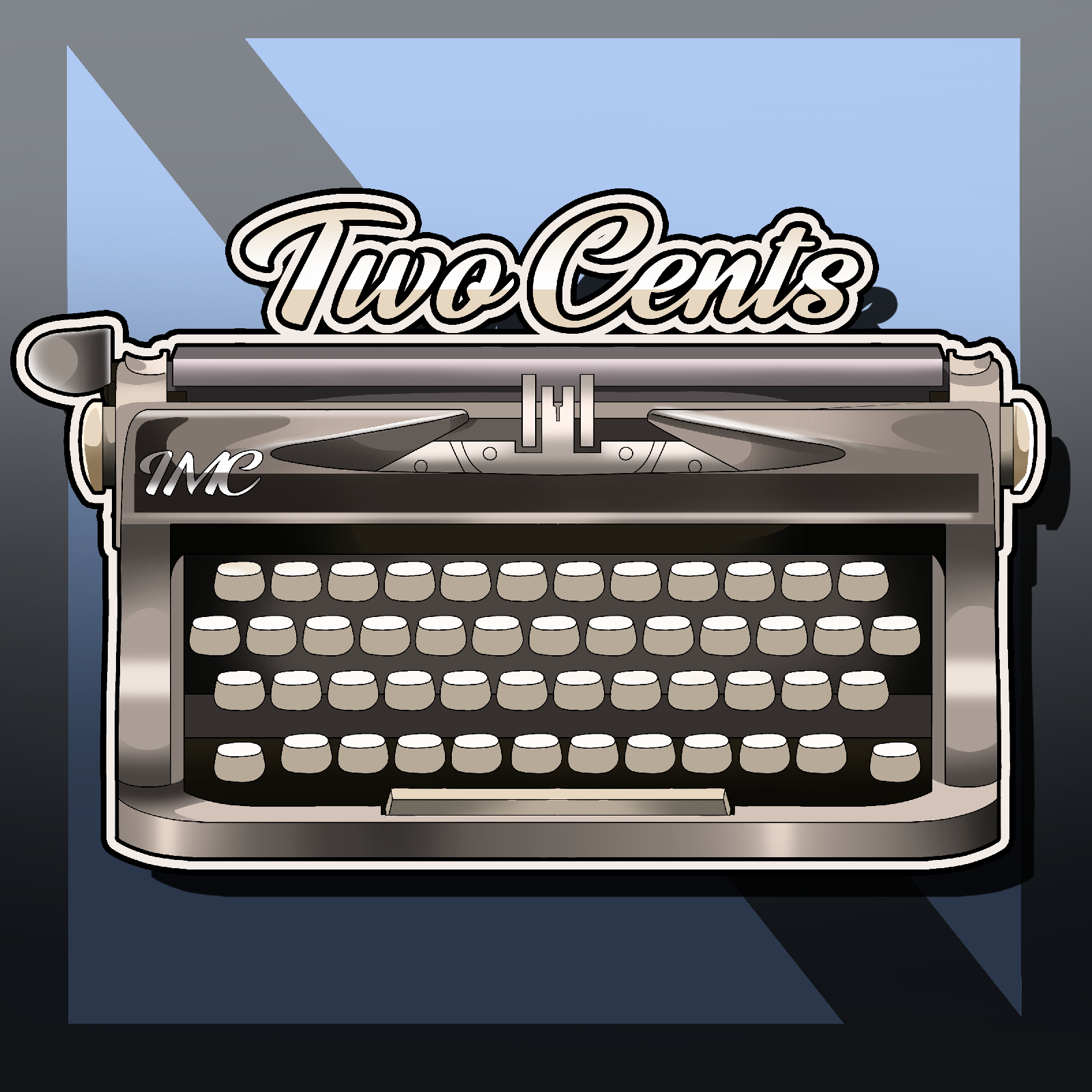How Do You Write a 42-Word Story?
2020 was a year of experimentation for me, and 2021 is shaping up to be one as well.
By chance, I became part of the indie anthology scene of the #WritingCommunity, and thus far, I've greatly enjoyed it. Being part of Beneath the Twin Suns was a fantastic experience, as were The New Normal and In the Red Room. Another anthology is presently in the works to which I'm set to contribute, also with its own special criteria. That's the fun of writing pieces for anthologies. Each has it's own requirements--genres, happy-endings, word counts, settings, themes--and each has been a new challenge that I've tried my best to meet.
A friend of mine, fellow Young Gunn and New Normal contributor Sarah Worrel, however, helped me stumble into the biggest challenge I've yet faced as a writer:
The prospect of writing a 42-word story.
Now, I know what you're thinking. "Ian, how the hell do you do that?" I'm glad you asked, because, at first, it also seemed impossible to me.
As a writer, especially in first-draft, I have a tendency to "write long," meaning that, almost always, I put too much into the story that, inevitably, I have to cut out because it slows down the pace or is just not germane to the story's progress. Because of this, writing a whole story that could fit within this strict boundary just seemed improbable. You can't tell a whole story in 42 words.
Or, at least, that's what I thought.
There's a project in the works called 42 Words; it's a multi-genre anthology set to include 1764 (42 different stories in 42 different genres), of these "micro stories" by just as many authors. As an exercise, I tried writing one to submit to this anthology, on the suggestion of my friend Sarah.
I looked over their submission guidelines (always a good idea to prep for a cold submission), to see if there was anything that might trigger a story. Unfortunately, all of my go-to genres (Sci-Fi, Fantasy, Fairytales--each "chapter" is set to consist of one genre), were all full. No further stories were being considered. I nearly gave up until I came across one category: Historical Fiction.
As I've aged, I've grown more interested in history (no thanks to my school years). Certain figures in history, especially US and Central American History, have fascinated me more and more, and you can't learn about them without learning about the time in which they lived. However, I'd never considered writing Historical Fiction, but when I saw that they were still considering stories for the chapter, something clicked.
 |
| First Draft Attempt |
I recalled a story from history that I'd been semi-obsessed with the last few years: the story of William Walker's foolish attempt to take over Central America, as an American Colony, and his eventual death in the pursuit.
I had my subject. But how would I tell it? On which point in the story should I focus? Then I remembered a piece of old writer's wisdom: sometimes, the best way to write a short story is to write the climax of a novel which you'll never write. (I'm pretty sure that's a bit of wisdom from the late Roger Zelazny.) So, I decided to focus on the very, last moments of Walker's life, but I would tell it from the viewpoint of one of the members of the firing squad.
That's where the hard work came it.
I drafted and redrafted this piece, knowing it could only be 42 words long. To do that, I needed to distill it to the essence, to the last moments, while still capturing the scene.
It was 8 am.
A crowd was there to watch Walker die.
A priest had administered his last rites just before.
The squad of soldiers who'd driven Walker out of Central America did the deed.
Walker was bent on carrying out this mission, for he had tried—and momentarily succeeded twice before—only to fail. He didn't regret what he'd done, for he firmly believed in the (racist, imperialist) idea of Manifest Destiny. Had the Catrachos—a nickname for the Honduran soldiers—not killed him, he'd have tried again.
But how do you get all that into 42 words? Answer: Editing.
There's an old piece of writing advice that's especially applicable for short story writers. "Enter late, leave early." It's a good go-to bit of insight when one is trying to figure out how to get into a scene and get out of a scene. Well, when you're writing a micro story, you're limited to one scene. So, you have to get in and get out, like a thief robbing a jewelry store. The question then becomes how late and how early?
As late as you can, without losing anything, and as early as you can without losing anything.
I shaved away everything that didn't fixate on that core moment, just before the squad fired. Cutting every extra word. Cutting every superfluous detail that didn't fix on that moment. I even had to cut out my favorite detail from the real history. After Walker fell before the squad, the Commander in charge emptied his pistol into Walker's face until he was disfigured beyond recognition.
In the end I managed it. 42 words, exactly.
A micro story is the prose equivalent to a lyric poem; you slow things down and focus on a moment. You pin it down, like a butterfly in a display case. It took a lot of thinking and work, but I captured the butterfly.
Whether or not the story gets accepted at this point doesn't matter (although, it would be nice). I'd succeeded in the hardest thing I'd ever done. I told a whole story in only 42 words. If I can do it, then anyone can.


Comments